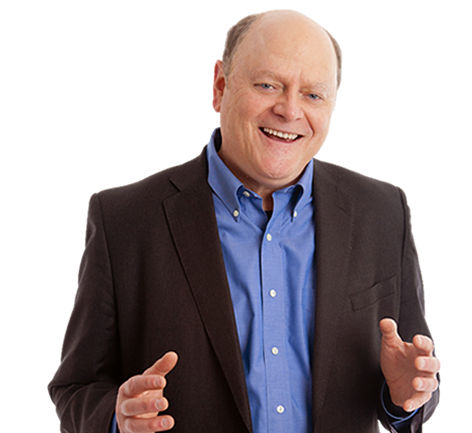 Call me a Johnny-come-lately but I’m suddenly enamored of what’s going on with electronic book readers (or “e-readers” as they are sometimes called) and the potential for a whole new kind of reading experience. This is an area of exploding innovation.
Call me a Johnny-come-lately but I’m suddenly enamored of what’s going on with electronic book readers (or “e-readers” as they are sometimes called) and the potential for a whole new kind of reading experience. This is an area of exploding innovation.
I’m talking about devices like the Kindle, and the iPad. And there are others — from Sony and Barnes & Noble — that I’m less familiar with. I’m going to leave it to others to do a cross compare of features and functions, this post is more about the potential for innovation in this space. Apologies to Sony and Barnes & Noble, I may try to do you justice in a future post.
Up until now I’ve thought of e-readers as convenience devices, and surely they are that, the idea of having hundreds of books on a slim little reader is huge. I get a warm fuzzy feeling looking at my book shelf on my iPhone (not yet an iPad owner, but I’m now compelled to buy one mostly because of iBooks).
However, I think convenience is only where this story starts. I think these products are going to change the reading experience in a profound way, and, we’ll see over the next few years a whole new kind of book emerge. Books that include audio and video, books that include interactive learning, books that have highly valuable international communication forums (using Wiki’s etc.). The whole idea of what a book is will shift. It’s mind boggling and I can hardly wait to see what’s going to emerge.
Books have always been interactive. There is nothing more intimately interactive — short of pillow talk — than the communication between a writer and a reader. For many people, I hesitate to say older people, there will never be a replacement for the physical book. Indeed, books are special, and they always will be. What can compare to the experience of curling up with a good book, a fireplace, and a comfortable couch? Still, for centuries, writers have sought ways to broaden and deepen that interaction. Color plates and illustrations were included in even the earliest books. Mark Twain and Charles Dickens did speaking tours. Many writers build exercises and questionnaires into their books — personally I’ve always found this to be less than compelling (I tend to ignore them and I don’t think I’m unique). In more recent years, books have their own web sites and blogs. They all pale in comparison to what is now possible with e-readers. What’s possible, in a nutshell, is a very rich learning experience of a kind we’ve never had before.
Have I mentioned color? Amazon’s Kindle is black and white (16 shades of gray actually), for now, but the iPad is full color. This is HUGE. We’ve grown used to black and white books, but now, full color is a valid option for any book. This suggests that some authors, like myself, will create books using the full palette of color, and this was simply not possible before because of the printing expense.
But wait, there’s more…
- Imagine taking notes about a book, in the book, as you go
- Imagine looking up any word or concept real time
- Imagine a database attached to a book that tracks your learning progress
- Imagine embedded links to interactive help desks with real people
- Imagine audio and video illustrative clips
- Imagine interactive drawings
- Imagine more “non-linear” books that branch according to your interests or learning style
- Imagine every school child with one of these devices under their arm…those heavy back packs can be left at home and kids can be free again
I’ll stop here, but suffice to say, this is a very exciting area where creativity can be brought to bear. Innovators looking for opportunity areas should give this pool a long hard look, then, dive in.



2 responses to “E-readers, Interactive Books, Innovation”
I haven’t quite made the jump yet, to reading books on a reader like this. For me it’s just not as comfortable an experience as reading a physical book. What is interesting, is how they present an opportunity for more reading, when you normally wouldn’t. Whatever book I’m reading either stays by the bed or comes with me on a flight, but my phone (or ebook reader soon!) comes with me everywhere, and I’m constantly reading news sites and blogs on there. It’s not just about creating an alternative to a book, it’s about a whole new era of reading.
Yes, a whole new era indeed. I don’t think I’ll ever switch over completely to an e-reader either, sometimes a book is just the perfect thing. As you note, they do loan themselves to other “occasions” where reading wouldn’t have been an option, or a much more difficult one, in the past. Thanks for your comment.